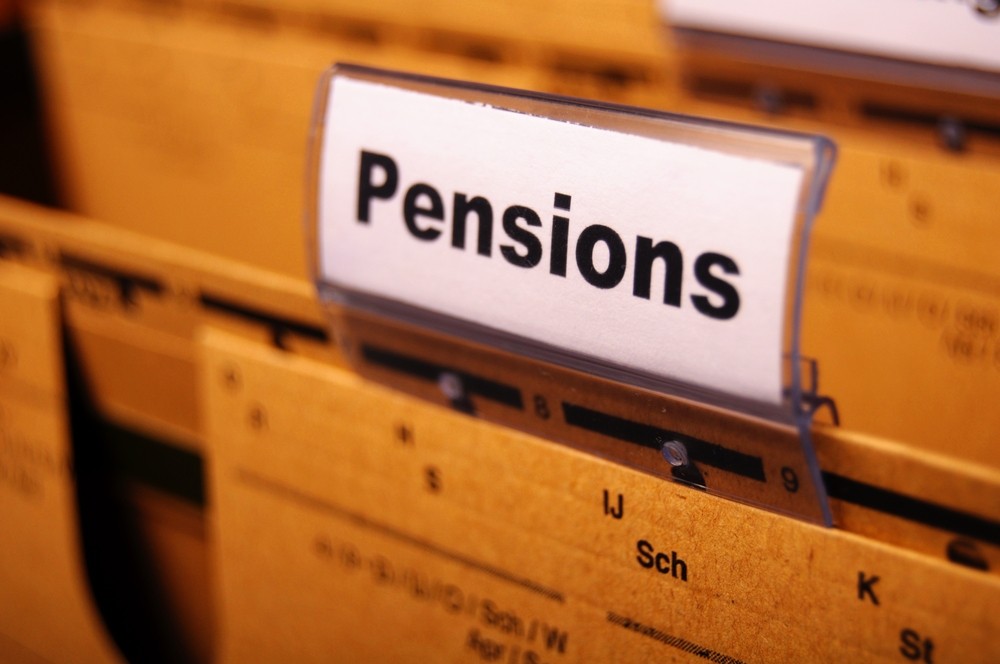Are you aware of the changes to tax relief on pensions for high earners for 2016/17?
If you are a higher earner, pension contributions can be a very tax-efficient way of saving for your future. However, changes are due to come into force from 6 April 2016 which will reduce the relief available for some individuals with high incomes.
The changes to tax relief on pensions for high earners
Generally personal pension contributions, whether you are a basic, higher or additional rate taxpayer, receive basic rate tax relief of 20% (subject to the maximum requirement of the higher of £3,600 per annum or 100% of net relevant earnings, which is explained below). The basic rate relief is paid directly into your pension pot by the government, i.e. £8,000 paid in by you equates to a total gross contribution of £10,000.
Higher or additional rate taxpayers can claim further tax relief up to a total of 40% or 45%, i.e. a further £2,000 or £2,500. Following the previous example, this means you could receive total tax relief of £4,000 or £4,500 on a net contribution of £8,000.
Pension contributions can also mitigate the loss of your tax free personal allowance. If your income exceeds £100,000 you lose £1 of your allowance for every £2 of that excess, meaning you are paying a marginal tax rate of 62%! Pension contributions reduce what is known as your ‘adjusted net income’ for these purposes. Therefore you could potentially retain all of your personal allowance if you make large enough relievable contributions.
Similarly, if your income exceeds £50,000 and you are affected by the child benefit clawback charge, pension contributions will reduce your adjusted net income for these purposes and could therefore mitigate the loss of your child benefit.
The amount of personal contributions you can receive tax relief on is restricted firstly by your ‘net relevant earnings’, which includes income from employment, self-employment, partnerships, etc. but not things like income from investments, rental properties, etc. You can receive tax relief on pension contributions up to the gross equivalent of your net relevant earnings each tax year.
The annual allowance also limits the tax relief you can receive on your contributions. It is currently £40,000 (having previously been as high as £255,000 in 2010/11). You can carry forward unused amounts of annual allowance from the previous 3 tax years, providing you were a member of a registered pension scheme during the earliest year. Employer contributions are also included when calculating total contributions made for the purposes of the annual allowance.
From 6 April 2016, the annual allowance will be reduced for those with incomes exceeding £150,000 by £2 for every £1 over this threshold. The minimum annual allowance will remain at £10,000, therefore even if your income exceeds £210,000 you will still be entitled to £10,000 of allowance. Income for these purposes includes employer contributions and some types of personal contributions.
The amount of annual allowance available for each tax year was previously calculated by reference to the ‘pension input period’ ending in the relevant tax year. The Summer 2015 Budget announced that these periods would be aligned with the tax year end from 6 April 2016. Transitional rules were also announced for the 2015-16 tax year, which means that individuals can potentially benefit from up to £80,000 of annual allowance before 5 April 2016.
Action points
If you do not already have a pension scheme, you may wish to consider setting one up to take advantage of the tax relief which is currently available. If you are already contributing to a pension, you should review the level of your contributions before 5 April 2016 in order to take advantage of unused allowance brought forward and the potential £80,000 annual allowance, if it is applicable to you.
Disclaimer
This publication is published for the information of clients. It provides only an overview of the regulations in force at the date of publication and no action should be taken without consulting the detailed legislation or seeking professional advice. Therefore no responsibility for loss occasioned by any person acting or refraining from action as a result of the material contained in this publication can be accepted by the authors or the firm.
More from our tax experts
You can find all of our latest tax articles and tax resources here.
If you are looking for advice in a particular area, please get in touch with your usual Hawsons contact.
Alternatively, we offer all new clients a free initial meeting to have a discussion about their own personal circumstances – find out more or book your free initial meeting here. We have offices in Sheffield, Doncaster and Northampton.
Jenny Brown is a personal tax manager at Hawsons, based in the Sheffield office, who manages the personal tax affairs of our clients. She started her career with HM Revenue and Customs, specialising in small business compliance. For more details and advice, please contact Jenny on jmb@hawsons.co.uk or 0114 266 7141 or your local tax specialist.[/author_info]


